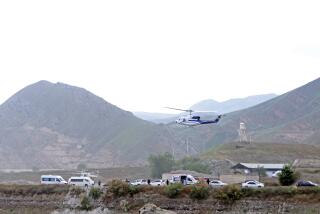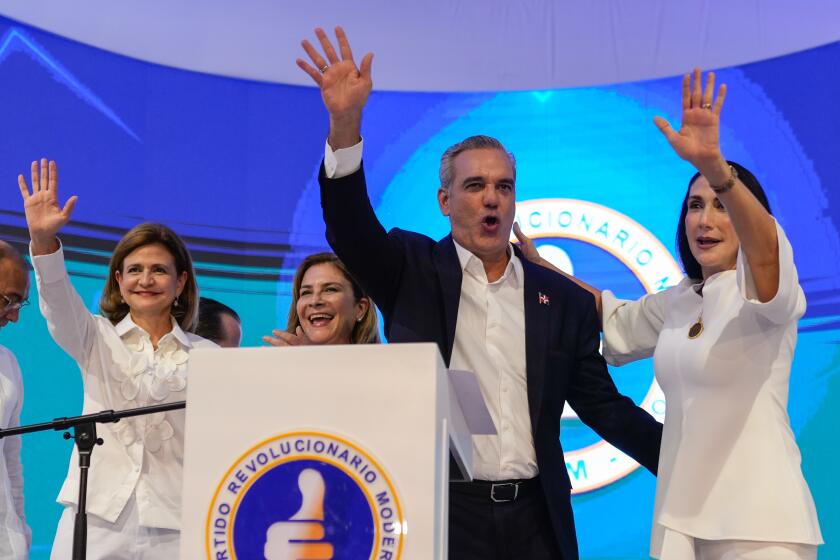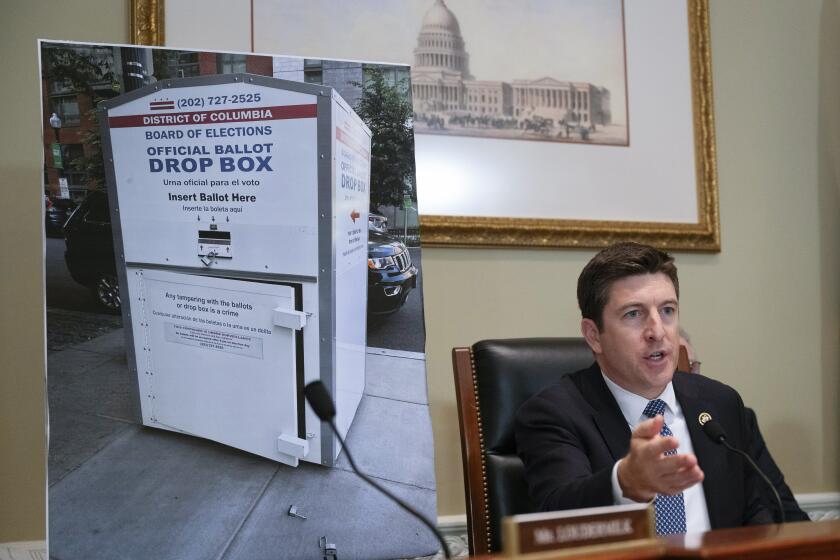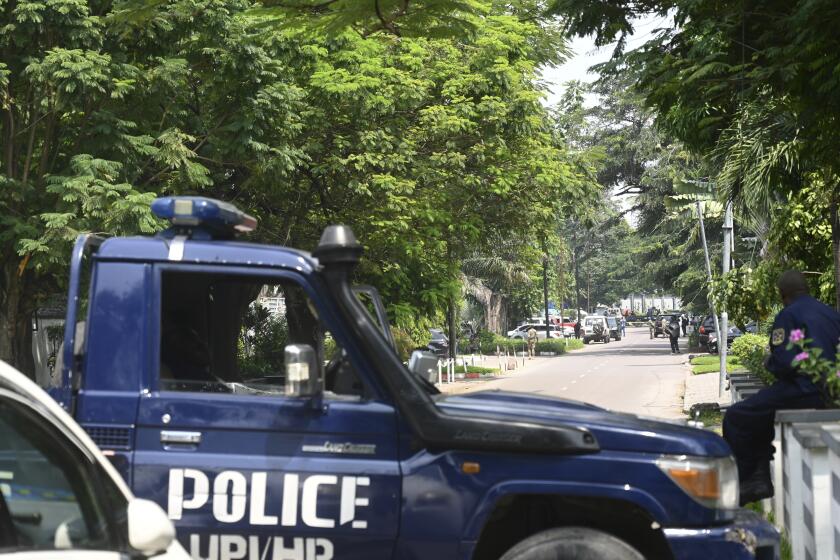$865 Million in India Loans Put Off Over Nuclear Tests
In a sign of spreading international protest over India’s recent nuclear weapons tests, the World Bank postponed action Tuesday on more than $800 million in development loans to New Delhi after the United States and its allies threatened to block them.
Without specifically mentioning the nuclear testing issue, the bank issued a statement saying it had decided to put off any vote on the four lending packages after several of its board members requested the delay.
The move was seen as a sign of just how serious Washington is in exacting the maximum punishment it can against India, partly in hopes of dissuading Pakistan from conducting a series of nuclear weapons tests of its own. It also suggested that, despite their earlier ambivalence, some European countries are prepared to join in some form of economic restrictions on India; several European leaders had indicated that they had little appetite for imposing sanctions.
The World Bank did not name the countries that pressed for postponement, but officials said management had consulted key board members before deciding to put off the vote.
The decision came a day after European foreign ministers, meeting in Brussels, warned that they might be prepared to join in imposing economic restrictions on India if New Delhi did not sign the Comprehensive Test Ban Treaty.
Several European governments--notably Britain, France and Germany--had distanced themselves from the American position when President Clinton announced an array of U.S. sanctions against India at the eight-nation economic summit in Birmingham, England, this month. Only Canada and Japan said publicly then that they would join the United States in imposing some sort of sanctions.
State Department spokesman James P. Rubin said Tuesday that the United States was “working, pursuant to our sanctions, to suspend new lending to India through . . . facilities” like the World Bank and was seeking to persuade U.S. allies to do the same.
He said the bank’s decision showed that “the European Union now as a group is signaling that India’s test[ing] has made it more difficult for it to receive international financial assistance. That is a sanction, in the broadest sense of the word.”
India rejected any suggestion that it sign the 1996 test ban treaty.
While the bank postponed action on the Indian loans, Washington apparently was unable to persuade the 24-member executive board to reject the aid outright. Analysts said many developing countries would have sided with India had the issue come to a vote.
Surendra Singh, India’s board representative, told reporters later that postponing the vote “was in everyone’s interest, even India’s, which would have preferred an approval. Our hope is that the delay will be as brief as possible,” he said.
There was no indication when--or even if--the board would take up the Indian loans. Although decisions to approve a series of loans require a 50% majority, they usually are made by consensus, without formal balloting.
The four loans, totaling $865 million, were the first of about $2 billion in loans to India that the World Bank had been expected to approve before June 30. Analysts had speculated that the New Delhi government would borrow more than $3 billion from the bank this year.
The delayed package consisted of $450 million to develop India’s national power grid, $275 million for roads in Haryana state, $130 million to support a renewable energy program and a $10-million loan from the International Finance Corp., the bank’s private-sector finance arm.
More to Read
Start your day right
Sign up for Essential California for news, features and recommendations from the L.A. Times and beyond in your inbox six days a week.
You may occasionally receive promotional content from the Los Angeles Times.






